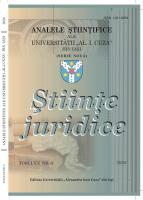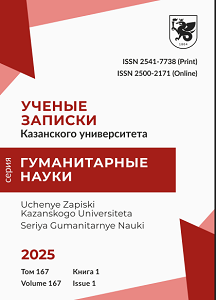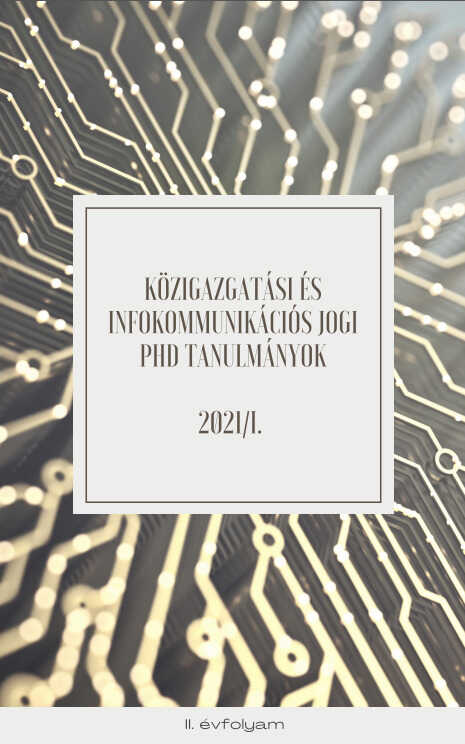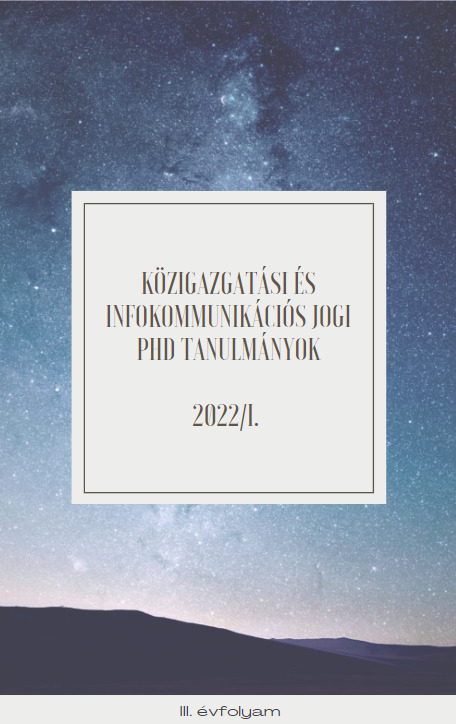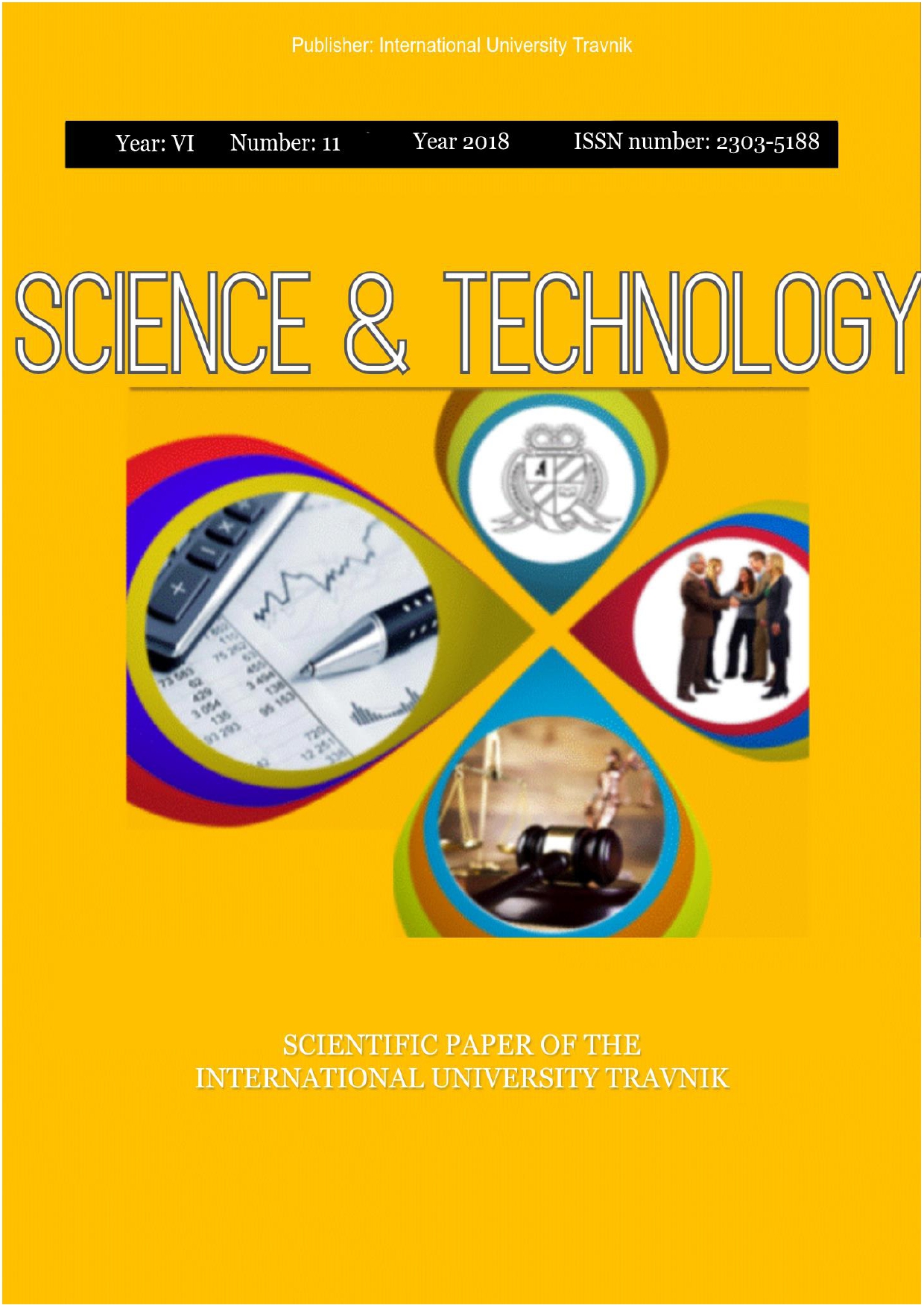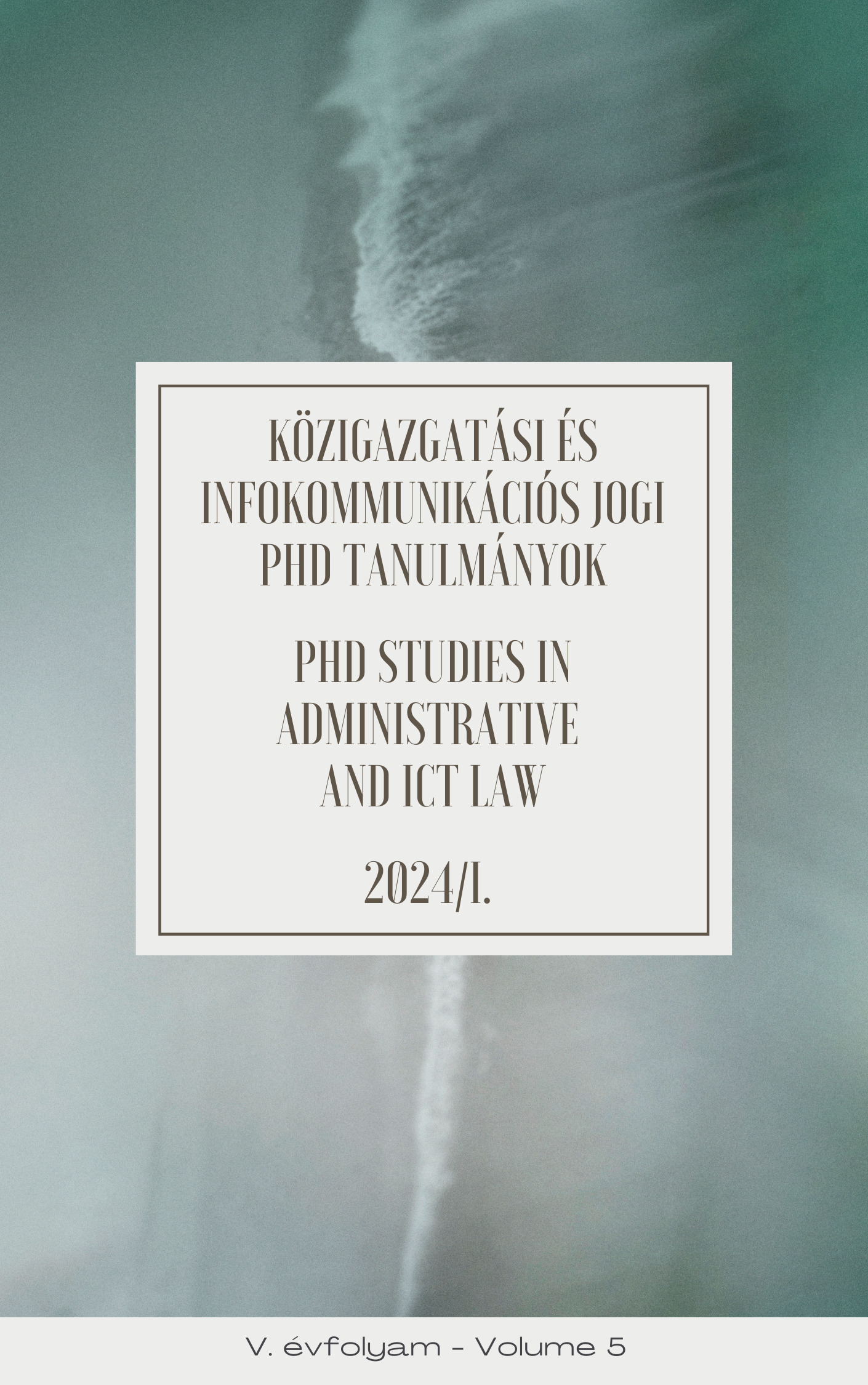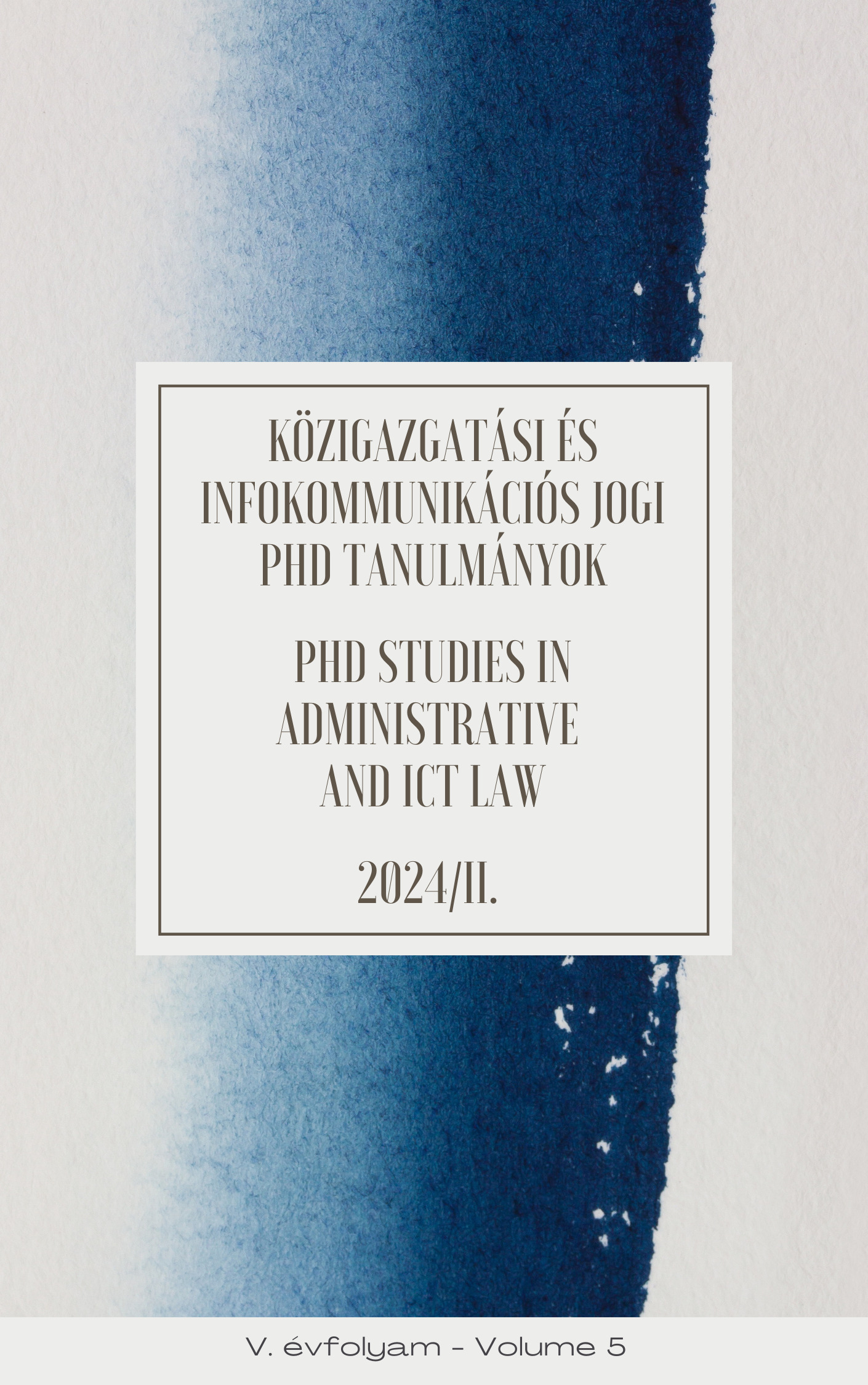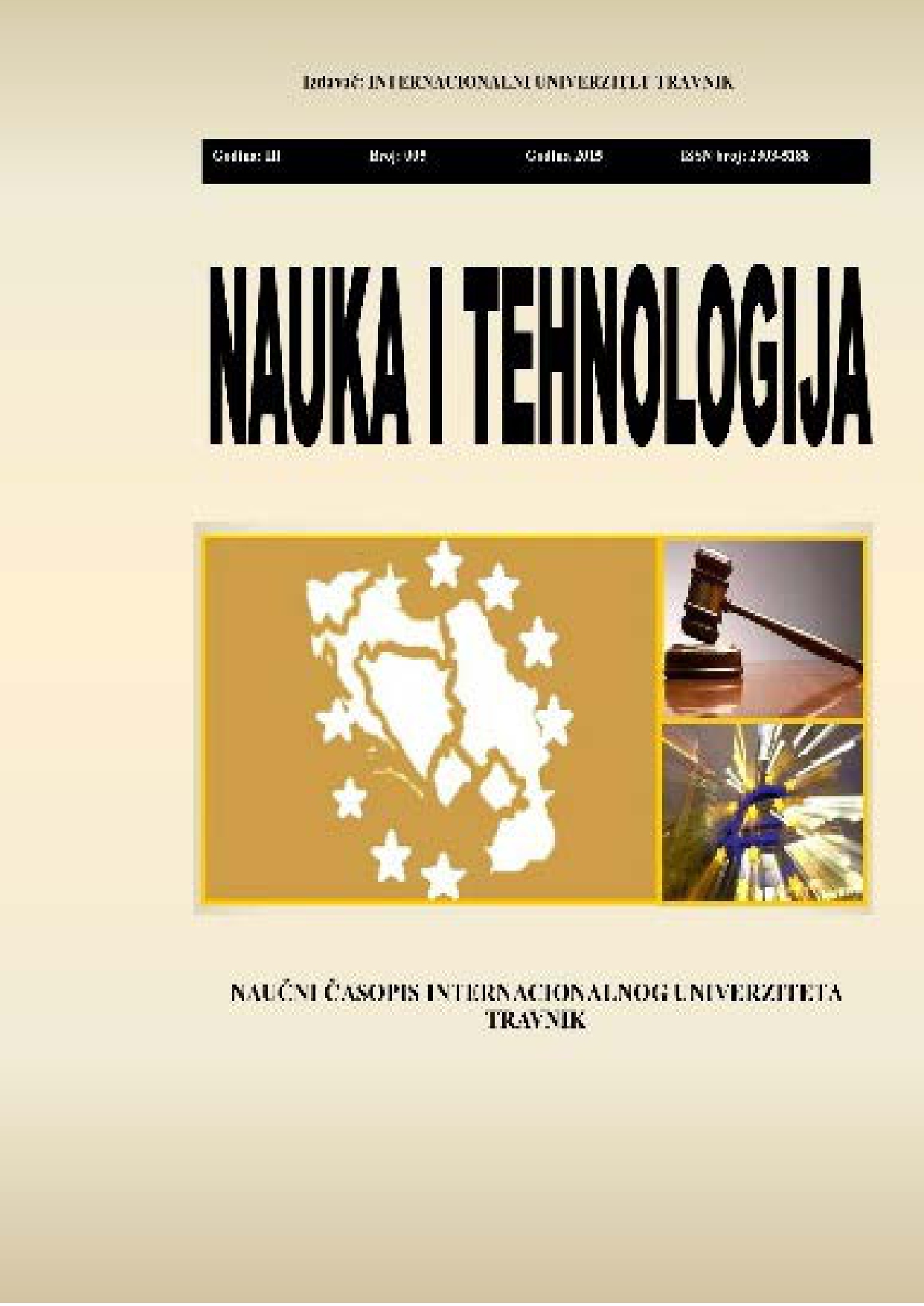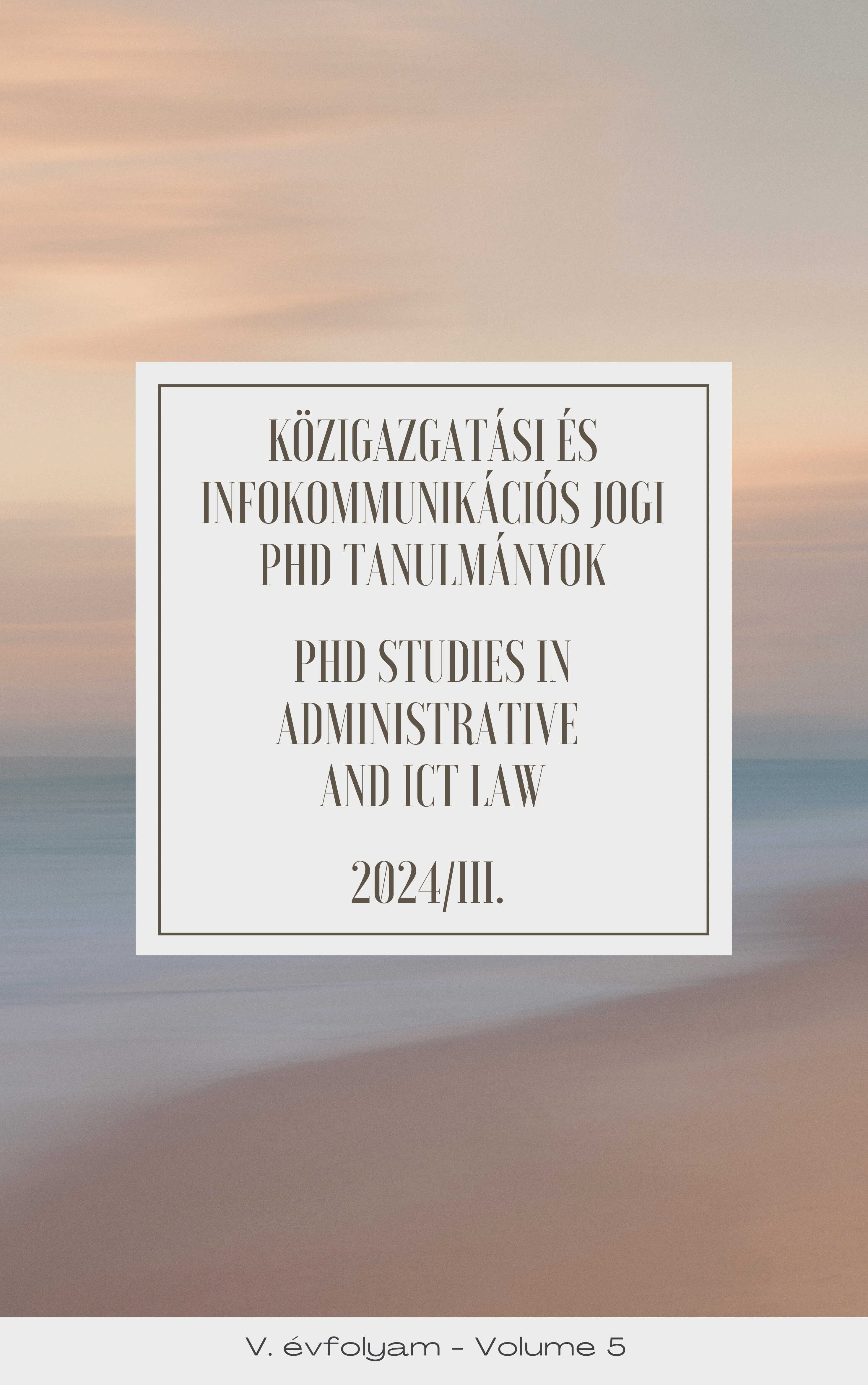Author(s): Anita Ondreák / Language(s): Hungarian
Issue: 1/2024
"The present life, in its own particular way of being, and consequently with its own understanding of being, has grown into and grown up in an inherited interpretation of the present life. Above all, it understands itself from this, and in a certain circle permanently. This understanding reveals and regulates the possibilities of existence. The past of property - and this always means the past of its own generation - does not follow in its footsteps, but always precedes it."1 The technological changes that have followed the communications revolution have transformed society. Different generations differ significantly in their attitudes to digital culture. Those born in the 1940s and 1950s are the baby-boom generation - the lost generation - who are not very savvy about smart devices, having been influenced by television as children. The generation born in the 1960s and 1970s represents Generation X, which is only present in the digital world as immigrants. The children of the 1980s and 1990s are Generation Y, who have grown up with modern technology and represent the first generation of true digital natives. While the children of Generation Z born in the 2000s are a version of the former Generation 2.0, already acclimatised to the world of the internet.2 The now young adult Generation Z and Alpha3 (Alfas) - children born after 2010, who have been born into the world of smart devices - are adapting easily and quickly to a digital culture defined by interactivity, interconnectivity, multitasking and immediacy. Our world has accelerated considerably in recent years and children, like adults, are living the accelerated life of this accelerated world, which is not only served but also stimulated by electronic devices (TV, smartphone, laptop, notebook, etc.). As the proliferation of smart devices has increased, so has the media consumption of minors. However, due to their mental and psychological immaturity, children are often unable to understand and manage the 'reality' around them. In order to ensure their unhindered mental, moral and physical development, it is extremely important to create the conditions and normative framework for this, and to develop alternative systems of rules adapted to the new challenges of the digital world. In addition to new types of regulation, increasing emphasis is being placed on the importance of media-aware presence and the role of education in enhancing it. I believe that the conscious use of the Internet by children, as a channel of access to digital culture, is undoubtedly an extremely important and complex skill, the acquisition of which will enable the rising generation to safely exploit the opportunities offered by the digital world in a value-creating way, improving individual competitiveness in today's much faster information society.
More...
